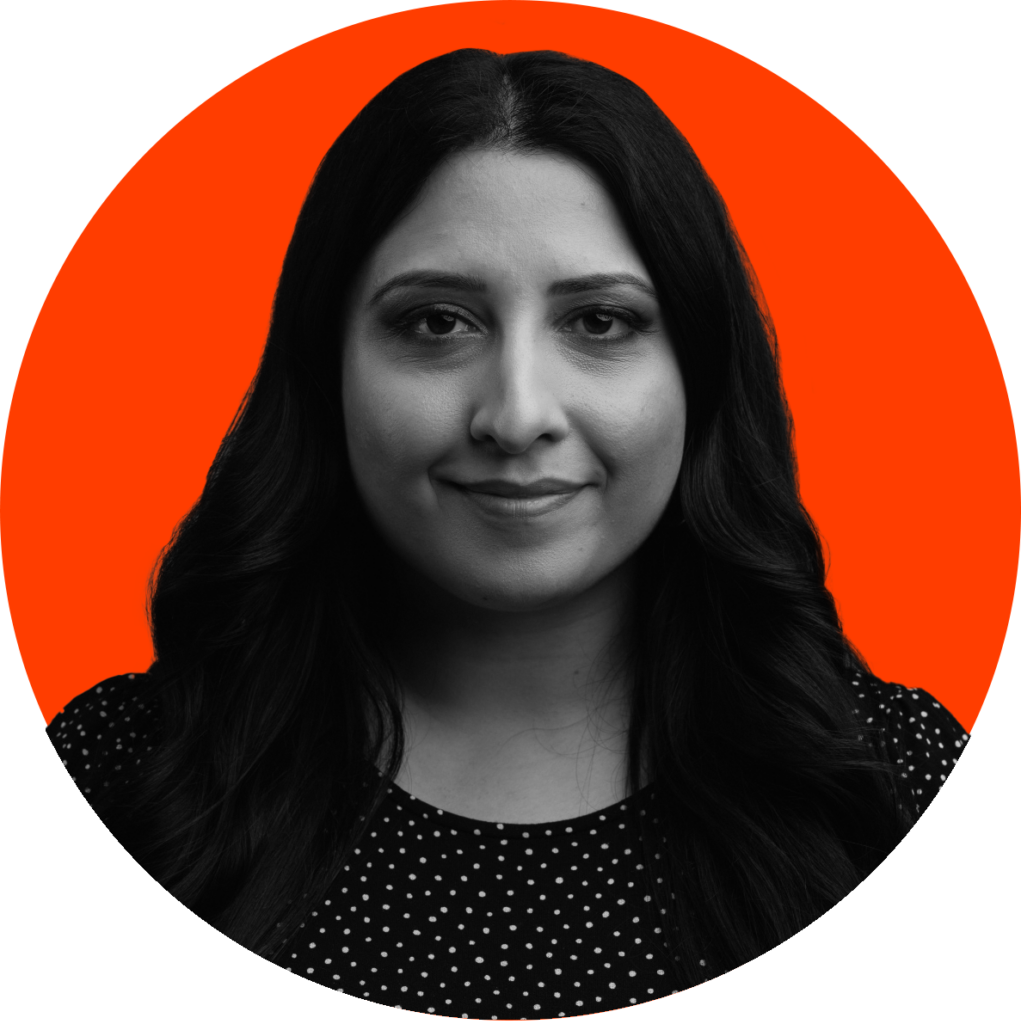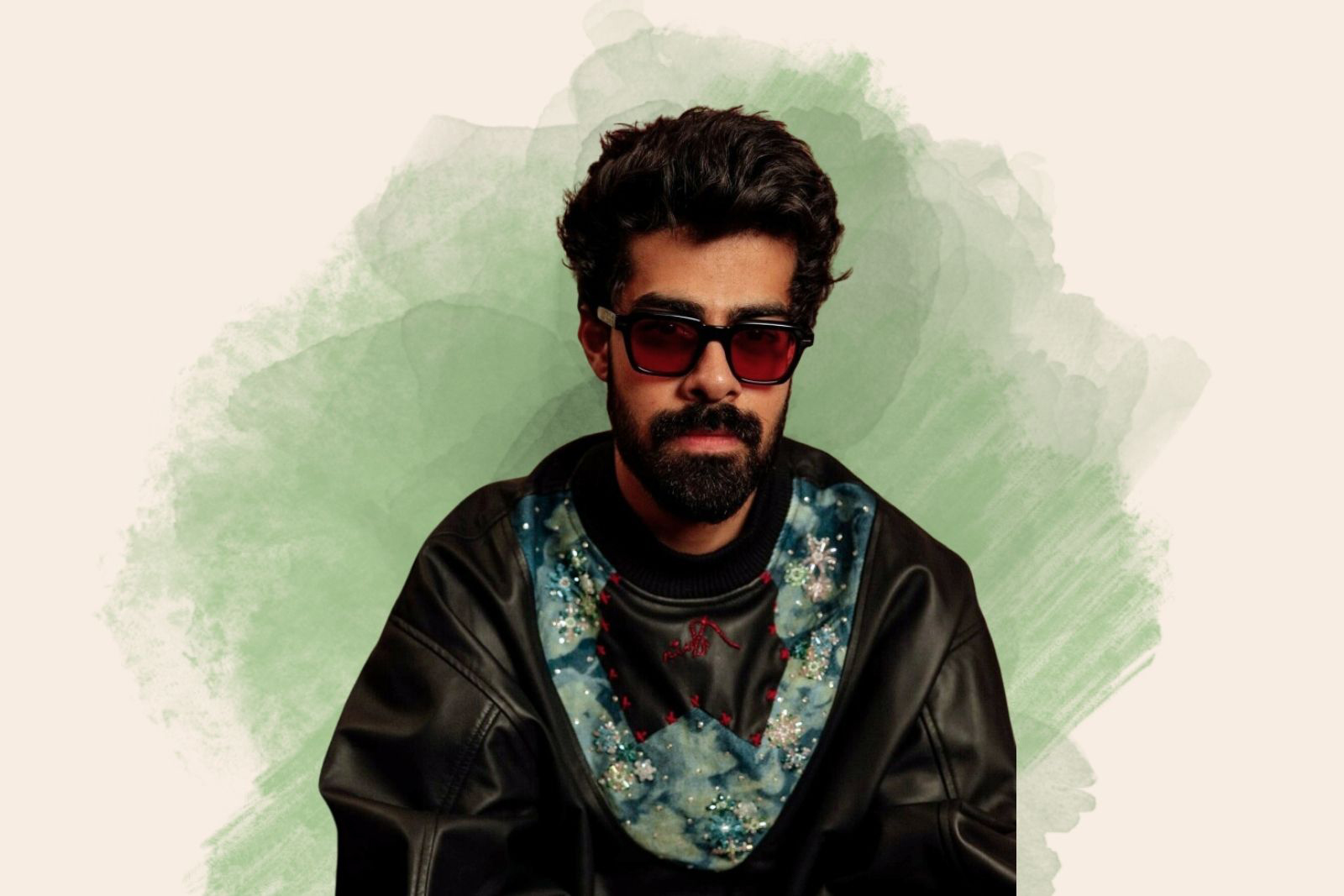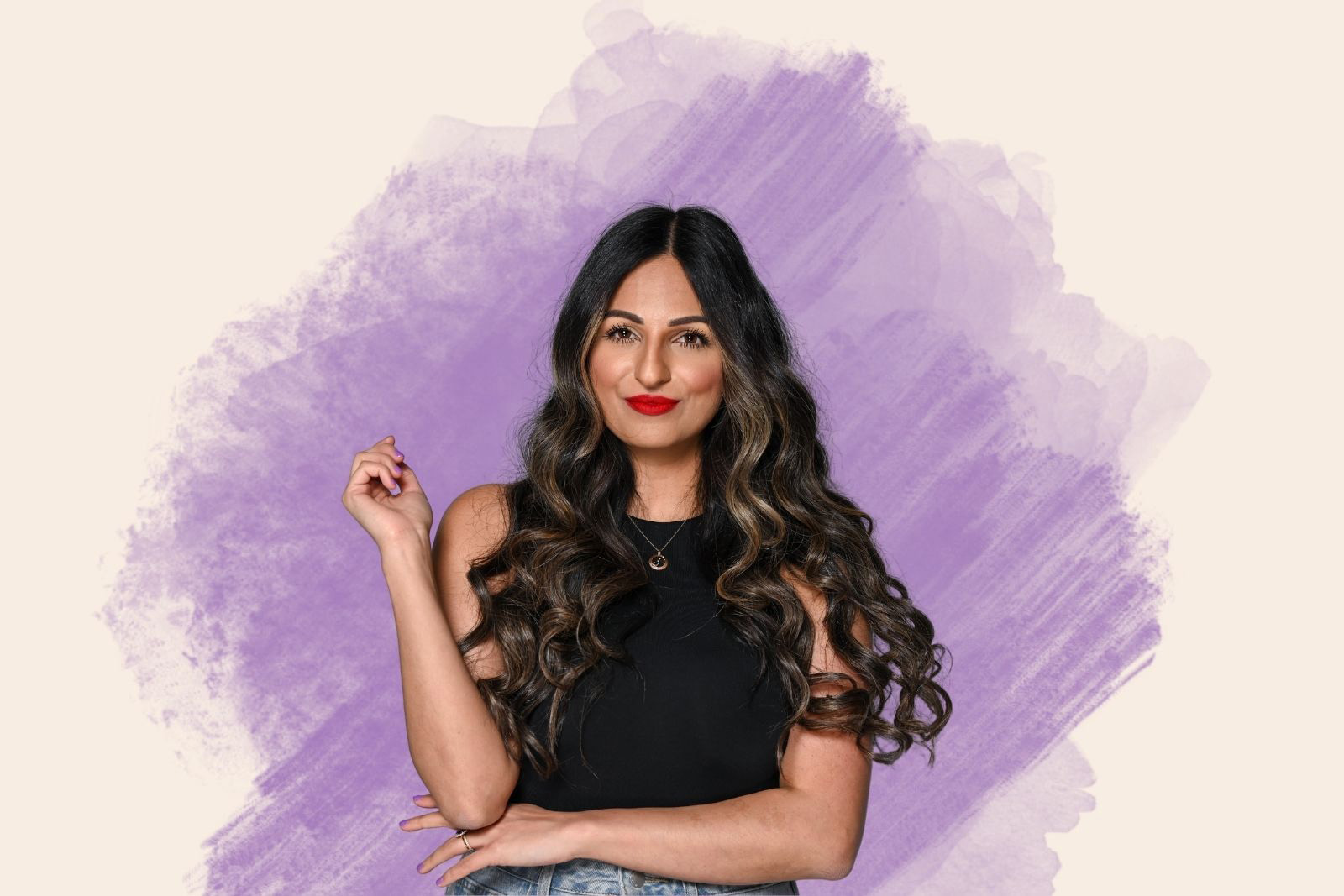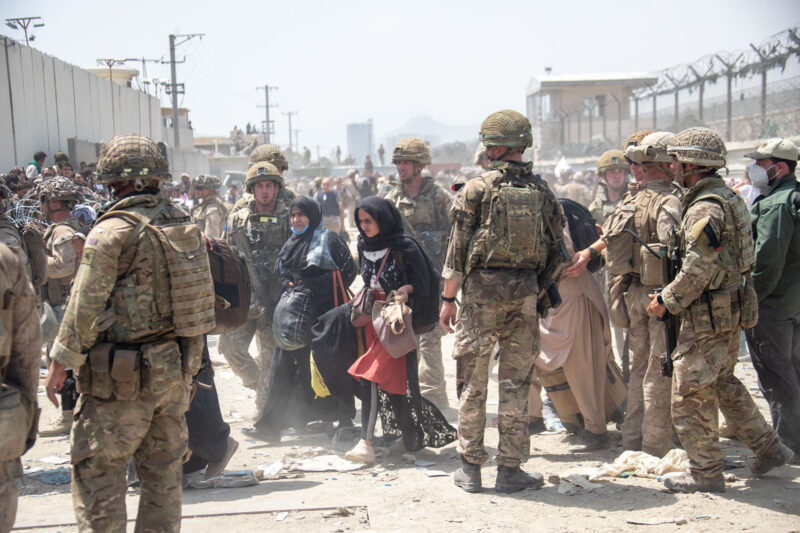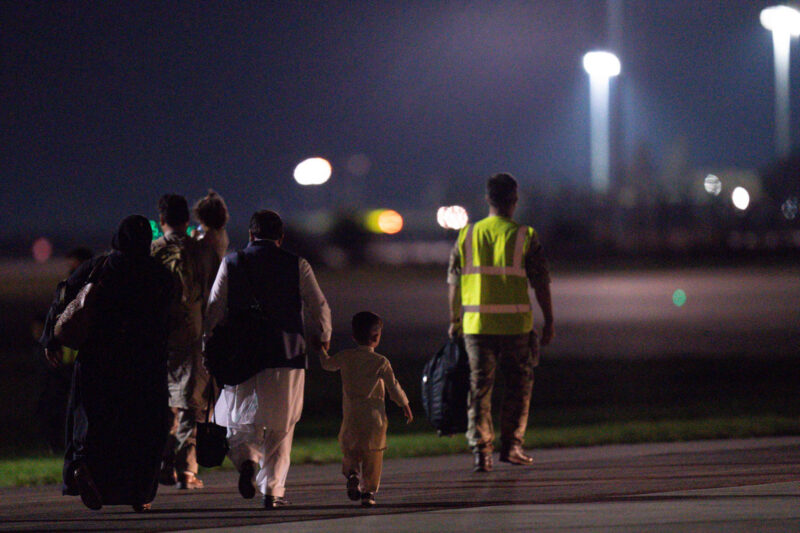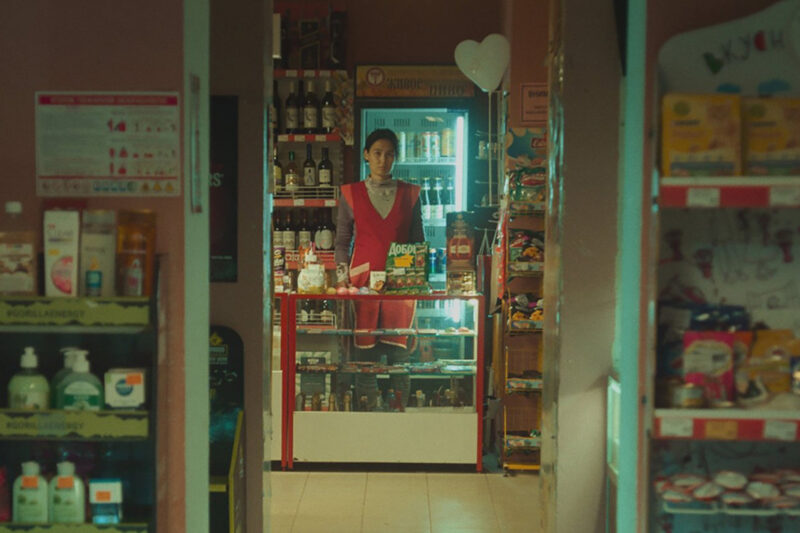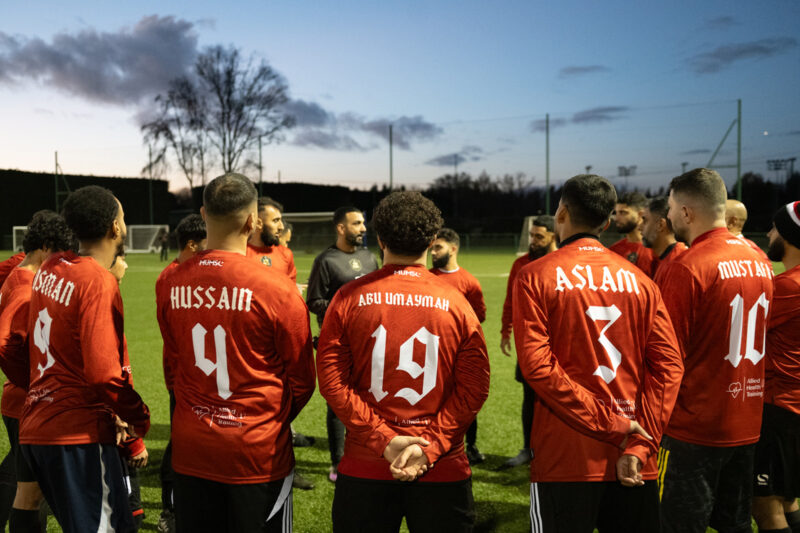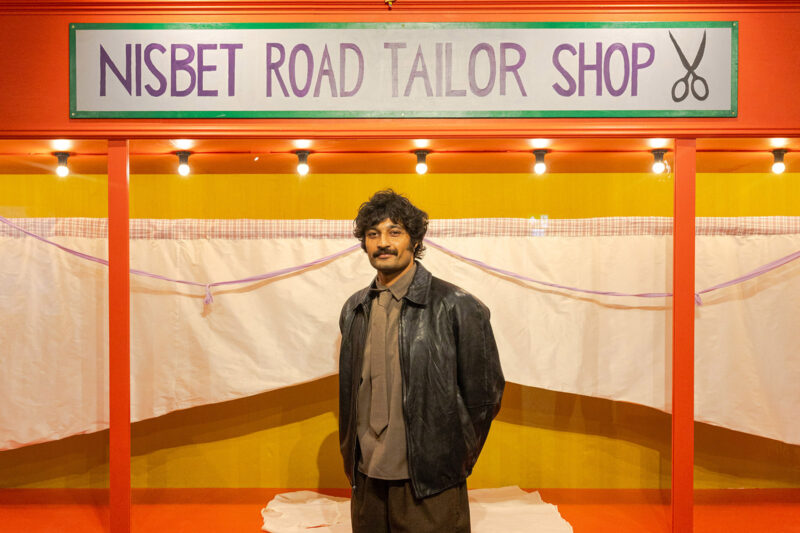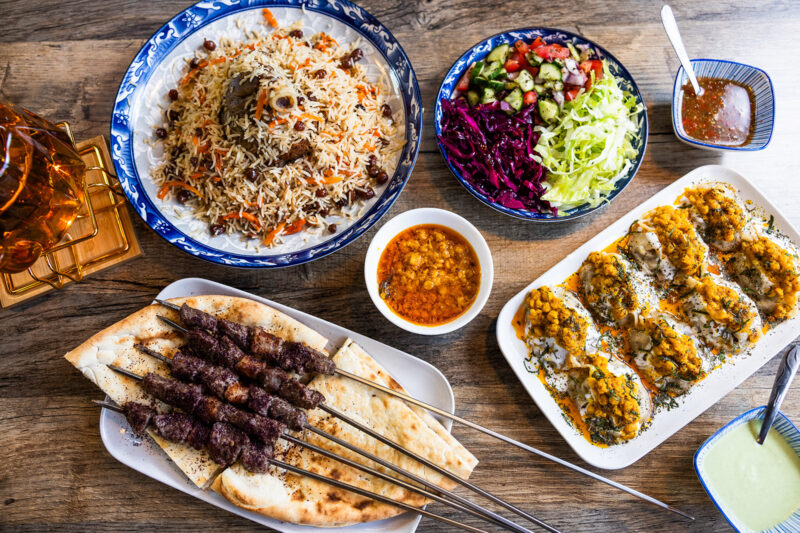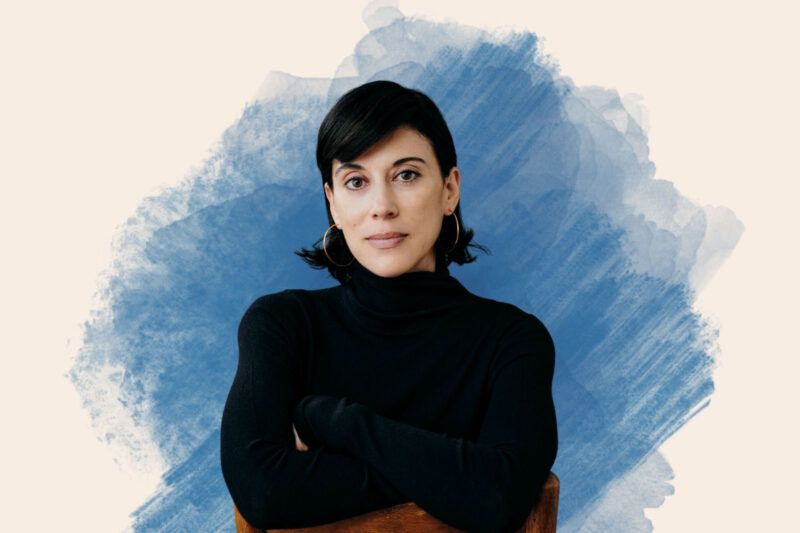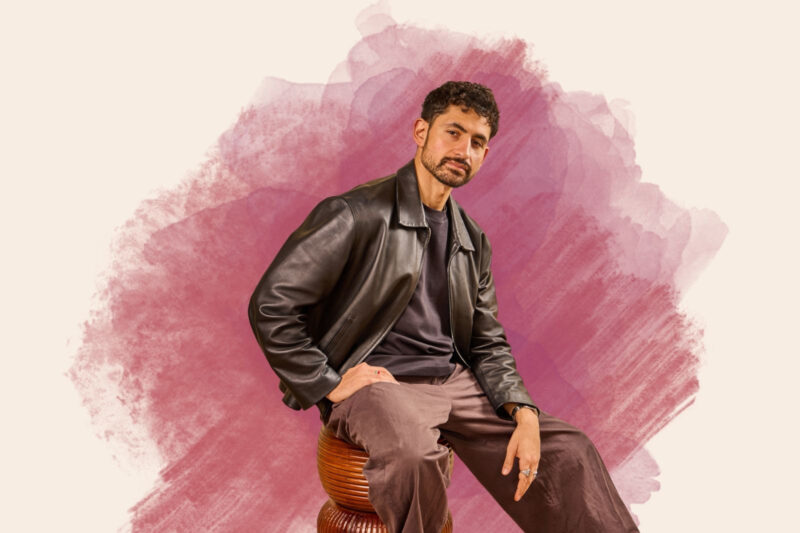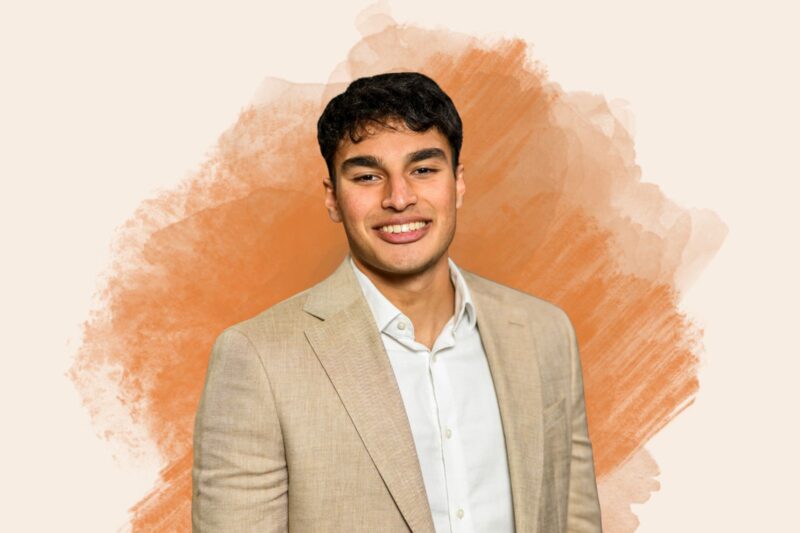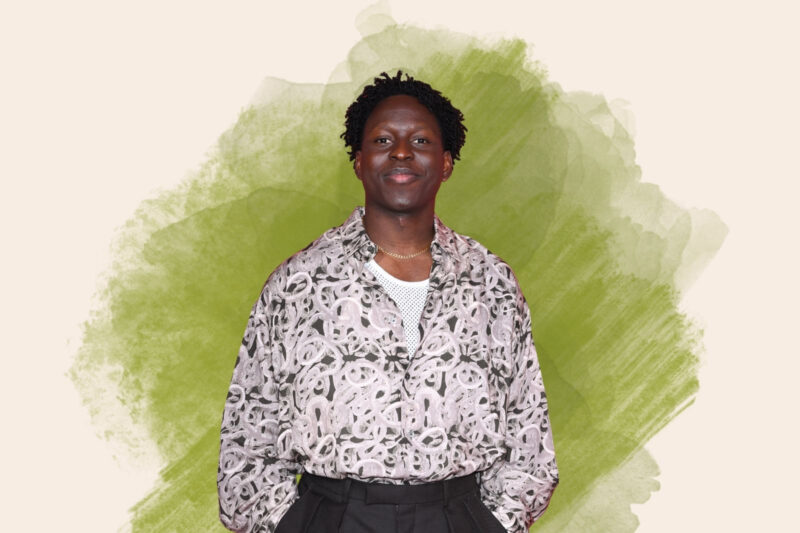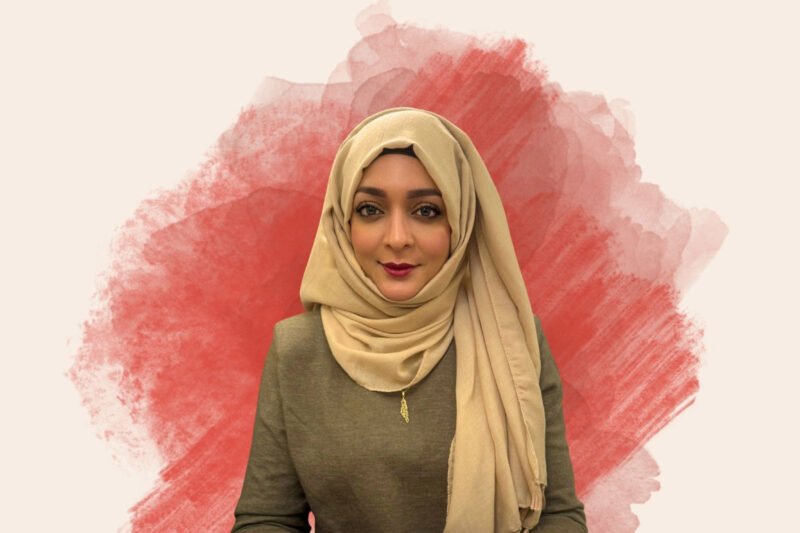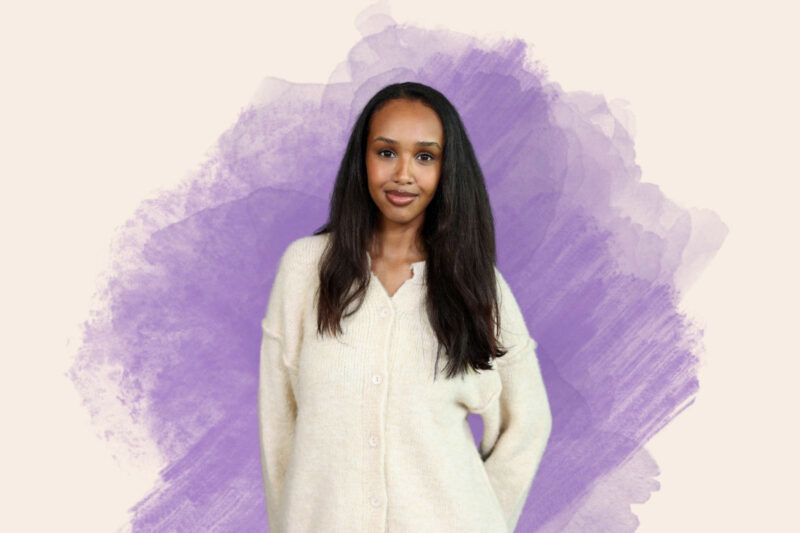Weekend with Gulwali Passarlay: ‘It’s good to know you’re making a difference in a small way’

The author of The Lightless Sky on running a community launderette and going for walks with his kids
Gulwali Passarlay is an author and activist. A former refugee, he fled from Afghanistan and came to the UK in 2007, aged 12. This year marks the 10th anniversary of his acclaimed autobiography The Lightless Sky, which tells the story of his journey and was named one of 2015’s books of the year by the New Statesman.
Passarlay recently launched a campaign to get the book into the hands of every MP in the country, in the hope that policymakers will implement a more humane and compassionate approach to refugee legislation.
Passarlay lives in Kettering, Northamptonshire, with his wife and two children, aged four and two, and runs a launderette, where he also provides clean clothes to vulnerable people.
This interview has been edited for length and clarity.
What does your Saturday morning look like?
I don’t have weekends like normal people do. For me, it’s a day of work. Being a humanitarian doesn’t pay, and I was struggling financially, so now I have a laundry business and I put in a lot of time into making sure it succeeds.
I wake up early, about 6am, to go to the launderette and drive around the town doing laundry drop-offs and collections in the local community. My family wakes up later, about 10am, and then we have breakfast together.
What’s on the menu?
We like to have Afghan eggs baked in a tomato sauce. I try to encourage my wife to do it, but she says I make a better breakfast. So I’m putting myself in a situation where I’m trying to make a bad breakfast now.
Do you like to cook?
I can cook anything, but I don’t find it therapeutic — I like other people cooking and me eating!
Favourite food?
My wife makes a lot of delicious biryani and Kabuli pulao, an Afghan dish. We appreciate food in our household, as there are people who are struggling, like in Gaza, Sudan and Afghanistan. It’s a blessing for us to be able to have enough to eat.
Do you like to eat out?
There’s not a lot of diverse food in Kettering, but there’s a nice Afghan family-run restaurant in nearby Leicester called Kabul Rose.

How do you spend the rest of your weekend?
My Saturday consists of going to the mosque for afternoon prayer. I try to take the kids to the park and then I’ll have about five laundry pick-ups to do from local hair salons. In Kettering we are lucky as there’s quite a lot of greenery around. My favourites are Wicksteed Park and Welland Park.
Do you enjoy spending time outside?
I love walking with loved ones and friends. Growing up, it was part of my life, so it reminds me of being brought up in the mountains in eastern Afghanistan. Spending time outside in tranquillity connects us to nature. It’s who we are.
Tell us about the laundry business.
The launderette runs itself, but there’s another part of it which is the collections and drop-offs. It’s important to me to help and support the local community, so now we pick up and drop off laundry at about eight local hair salons, and to 10 people in and around Kettering on a weekly basis. Most of them are disabled or elderly.
When I was on my refugee journey, one of the issues was keeping clean. Having clean, nice clothes is really important and something we take for granted. The launderette is such a basic business, but it’s good to know you’re making a difference in a small way.
How do you feel about The Lightless Sky, 10 years on?
I’m really glad that people are still reading it and are inspired by it. But as a former refugee, I wish it wasn’t still relevant. The first page of the book says “To the 60 million displaced people out there in the world risking their lives for safety”, but in 10 years that number has doubled.
I want to send a copy of The Lightless Sky to every member of parliament, in the hope that policymakers will read it and give them some sense. Since I’ve been in the UK, I have not seen any positive laws when it comes to refugees. They keep making it more difficult and cruel for people. How do you expect people to integrate and contribute to society when they can never feel like they belong?
Can you share any other book recommendations?
The Boy with Two Hearts by Hamed Amiri, In Wars by Dr Waheed Arian and Hope Not Fear by Hassan Akkad. These are all books by refugee authors and help us to understand the struggles of refugee and displaced people.
The Lightless Sky, updated with extra material, is now available to buy. You can support Gulwali’s project to send his book to MPs here.
 Newsletter
Newsletter

